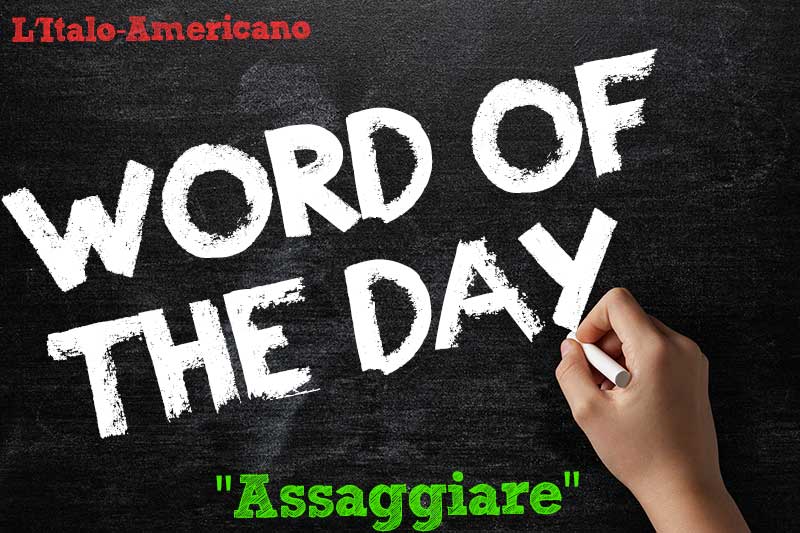Finding “boh”’s etymology can be tricky, because it’s not really a word in itself: “boh” it’s more of a sound, a way to emphasize a thought and a lack of interest in what we are saying or listening to. Indeed, if we really want to talk about etymology, we could say “boh” comes from the sounds many of us make when we want to express doubt.
This means “boh” has an onomatopoeic origin, that is, it comes from a sound.
“Boh” is a unique onomatopoeia, because it belongs only to the Italian language. While others, such as “eh” — used to show you didn’t understand something — or “mmh” — typical of when you are not convinced about what they’re telling you — are common also in English, French or Spanish, “boh” is only Italian.
Translating “boh” is not simple. Sometimes you can use “eh,” or “I don’t know,” sometimes you can omit it: it’s role is really that of emphasizing the rest of the sentence, even if answers made of only “boh” are typical, too.

Dov’è Marco?
Boh, non lo vedo da ore.
Where is Marco?

Boh…pensavo di sapere la strada, invece mi sono perso.

Boh, mi aveva assicurato che sarebbe venuto, invece non è qua.
Eh…he guaranteed he was going to come, but he isn’t here.





























